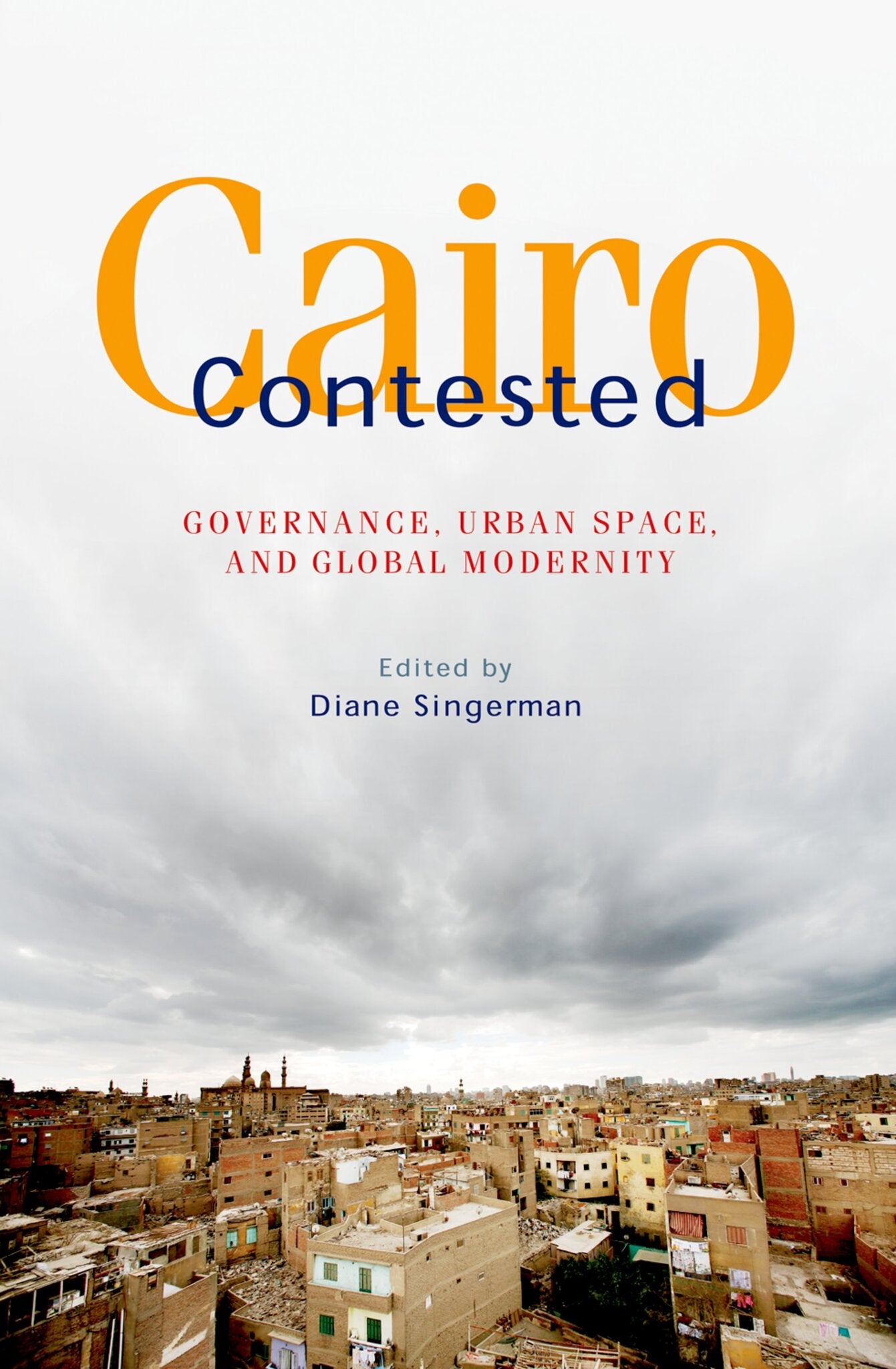We're sorry. An error has occurred
Please cancel or retry.
Cairo Contested

Some error occured while loading the Quick View. Please close the Quick View and try reloading the page.
Couldn't load pickup availability
- Format:
-
15 November 2011



"[A] substantial contribution to the study of urban governance in the Middle East."—Review of Middle East Studies
“An excellent pioneering endeavor . . . . This is the fresh air of academic freedom! For any student of the Middle East this is, indeed, a very valuable addition.”—Choice
"This is how social science should be done. The Cairo School's cosmopolitanism from below is enormously important because it is everyone s cosmopolitanism: the global capitalism of shirt and shibshib manufacture and of those who wear them. Their work shows the intellectually and politically generative power of ordinary Egyptians and the importance of intensely empirical qualitative analysis for understanding politics. The Cairo School doesn't use theory it generates theory, for theory grows out of the particular."—Anne Norton, University of Pennsylvania, on Cairo Cosmopolitan



